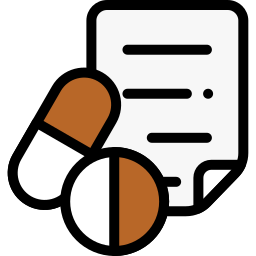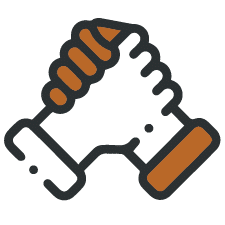According to SAMHSA’s 2022 National Survey on Drug Use and Health, approximately 21.5 million adults in the U.S. experience co-occurring disorders. This means they are dealing with both a mental health disorder and a substance use disorder (SUD) at the same time.
The combination of these two conditions often makes each one worse. As a result, treatment and recovery become much more difficult. Understanding these complex disorders and the treatment options available is crucial for effective recovery.













